Amyas
The Ghost in the Machine
Emily Baines (recorders), Steven Devine (harpsichord), Poppy Walshaw (cello), Arngeir Hauksson (theorbo/baroque guitar)
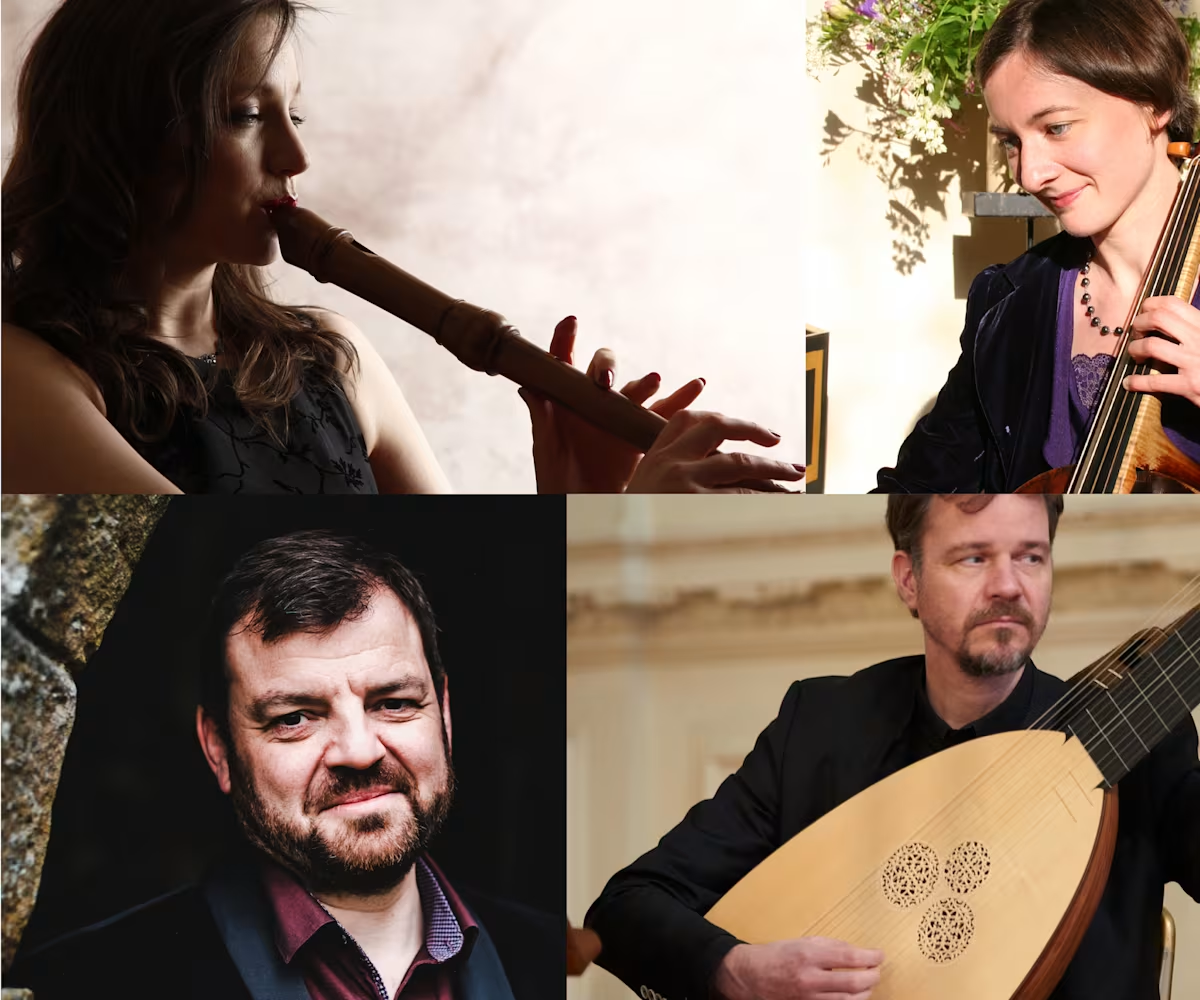
Two mechanical instruments have been used as the principal sources for this performance. The earliest is a clock made by Charles Clay in London in the 1730s. Clay's clocks were advertised as containing music by Corelli, Geminiani and Handel. The British Library's Aylesford Collection contains scores in the hands of Handel's scribes which connect the clock tune arrangements directly back to Handel himself and since they were exhibited only minutes away from his house and Drury Lane it seems unlikely he would not have heard them.
The second instrument is a barrel-organ made by Henry Holland and housed in the Colt Clavier Collection in Kent. The organ was probably built in the late 1780s/early 1790s and stands as a testament to Handel's enduring popularity, since more than half the music contained within the barrels is his. This organ, in remarkable condition, features music by Arne, Shield and other popular composers alongside popular folk tunes and dances of the day. These fill the first four barrels (each barrel containing 8- 12 minutes of music). The remaining 12 are devoted largely to Handel's music and feature opera arias, incidental music and two organ concertos.
 Plumstead Peculiars
Plumstead Peculiars Sun, 27 April 2025
Sun, 27 April 2025 Ascension Church, Plumstead
Ascension Church, Plumstead 4:00pm
4:00pm Free, retiring collection
Free, retiring collection
Full Event Details

This programme is centred around the performance style found in mechanical musical instruments (generally barrel-organs and organ-clocks) produced in eighteenth-century England. It features a combination of pieces which appear in treatises or other publications offering information from composers about performance style, and pieces whose style has been preserved within the pins, barrels and pipes of mechanised musical instruments made over 200 years ago. As historical performers much of our knowledge of style is based on the study of treatises on performance written in earlier eras. These are open to much interpretation, often appear to disagree with each other, and frequently the modern reader must decipher what they have omitted because it seemed too obvious to mention for readers at the time.
Two mechanical instruments have been used as the principal sources for this performance. The earliest is a clock made by Charles Clay in London in the 1730s. Clay's clocks were advertised as containing music by Corelli, Geminiani and Handel. The British Library's Aylesford Collection contains scores in the hands of Handel's scribes which connect the clock tune arrangements directly back to Handel himself and since they were exhibited only minutes away from his house and Drury Lane it seems unlikely he would not have heard them.
The second instrument is a barrel-organ made by Henry Holland and housed in the Colt Clavier Collection in Kent. The organ was probably built in the late 1780s/early 1790s and stands as a testament to Handel's enduring popularity, since more than half the music contained within the barrels is his. This organ, in remarkable condition, features music by Arne, Shield and other popular composers alongside popular folk tunes and dances of the day. These fill the first four barrels (each barrel containing 8- 12 minutes of music). The remaining 12 are devoted largely to Handel's music and feature opera arias, incidental music and two organ concertos.
Venue Details & Map

Location
Ascension Church, Plumstead
134 Timbercroft Lane, London, England, SE18 2SG
Related upcoming events
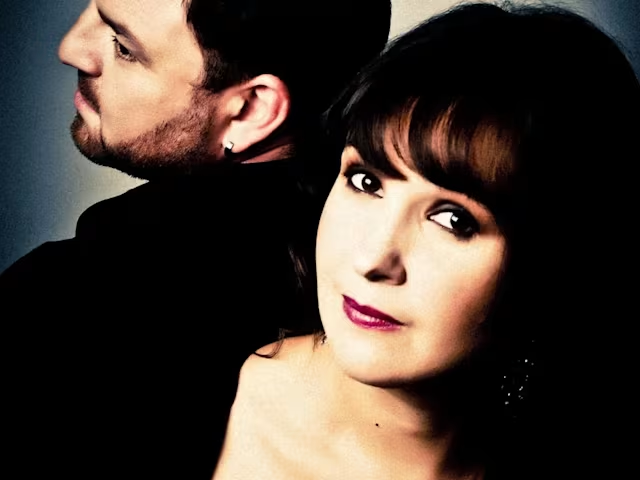
Kate Semmens (soprano) and Steven Devine (chamber organ and piano)
Kate Semmens | Steven Devine
 Sun, 18 January 2026
Sun, 18 January 2026 The Ascension Church, Plumstead
The Ascension Church, Plumstead 4:00pm
4:00pm Free, retiring collection
Free, retiring collection Plumstead Peculiars
Plumstead Peculiars
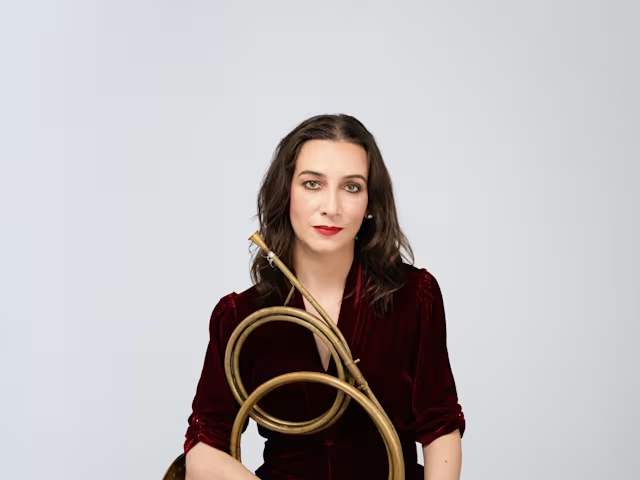
By Special Arrangment
Anneke Scott | Steven Devine
 Sun, 22 February 2026
Sun, 22 February 2026 The Ascension Church, Plumstead
The Ascension Church, Plumstead 4:00pm
4:00pm Free, retiring collection
Free, retiring collection Plumstead Peculiars
Plumstead Peculiars
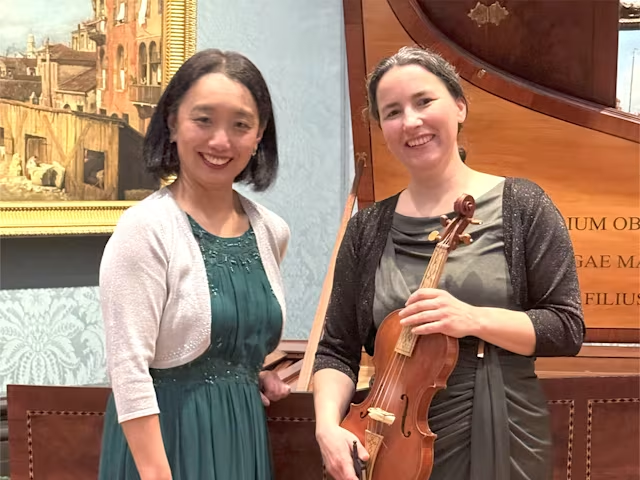
Beyond Bach: Leipzig Connections
London Obbligato Collective
 Sun, 22 March 2026
Sun, 22 March 2026 The Ascension Church, Plumstead
The Ascension Church, Plumstead 4:00pm
4:00pm Free, retiring collection
Free, retiring collection Plumstead Peculiars
Plumstead Peculiars
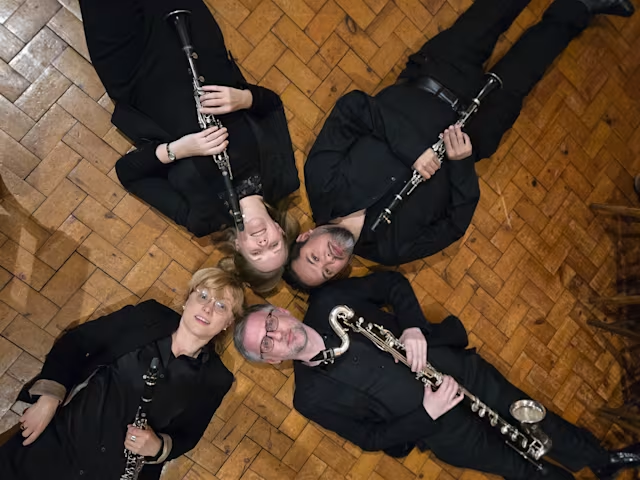
CLARIPHONICS Clarinet Quartet
Plumstead Peculiars
 Sun, 19 April 2026
Sun, 19 April 2026 The Ascension Church, Plumstead
The Ascension Church, Plumstead 4:00pm
4:00pm Free, retiring collection
Free, retiring collection Plumstead Peculiars
Plumstead Peculiars
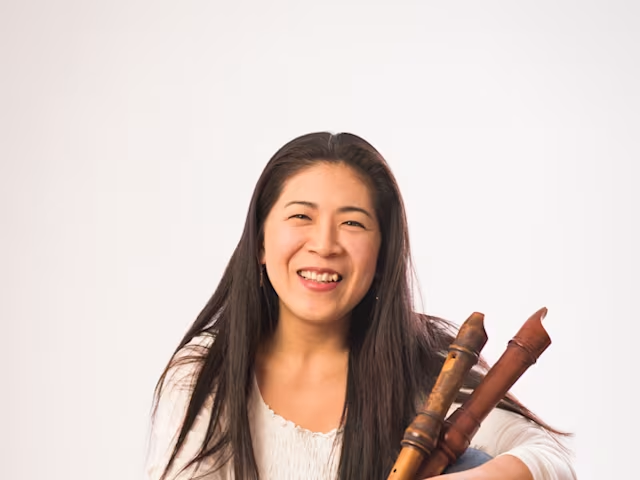
Naomi Okuda Wooderson (recorder) and friends
Naomi Okuda Wooderson
 Sun, 31 May 2026
Sun, 31 May 2026 The Ascension Church, Plumstead
The Ascension Church, Plumstead 4:00pm
4:00pm Free, retiring collection
Free, retiring collection Plumstead Peculiars
Plumstead Peculiars
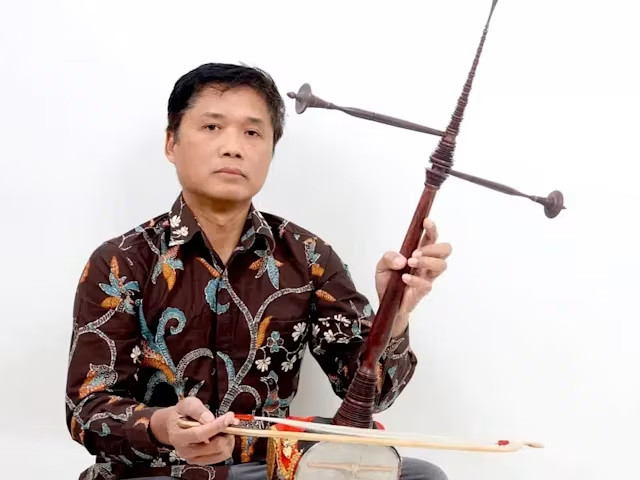
Aris Daryono Ensemble
Plumstead Peculiars
 Sun, 21 June 2026
Sun, 21 June 2026 The Ascension Church, Plumstead
The Ascension Church, Plumstead 4:00pm
4:00pm Free, retiring collection
Free, retiring collection Plumstead Peculiars
Plumstead Peculiars

Sara Deborah (baroque violin) with La Girometta
La Girometta
 Sun, 19 July 2026
Sun, 19 July 2026 The Ascension Church, Plumstead
The Ascension Church, Plumstead 4:00pm
4:00pm Free, retiring collection
Free, retiring collection Plumstead Peculiars
Plumstead Peculiars

